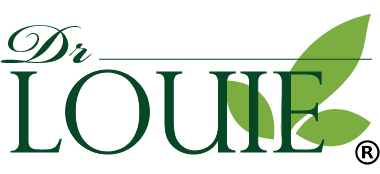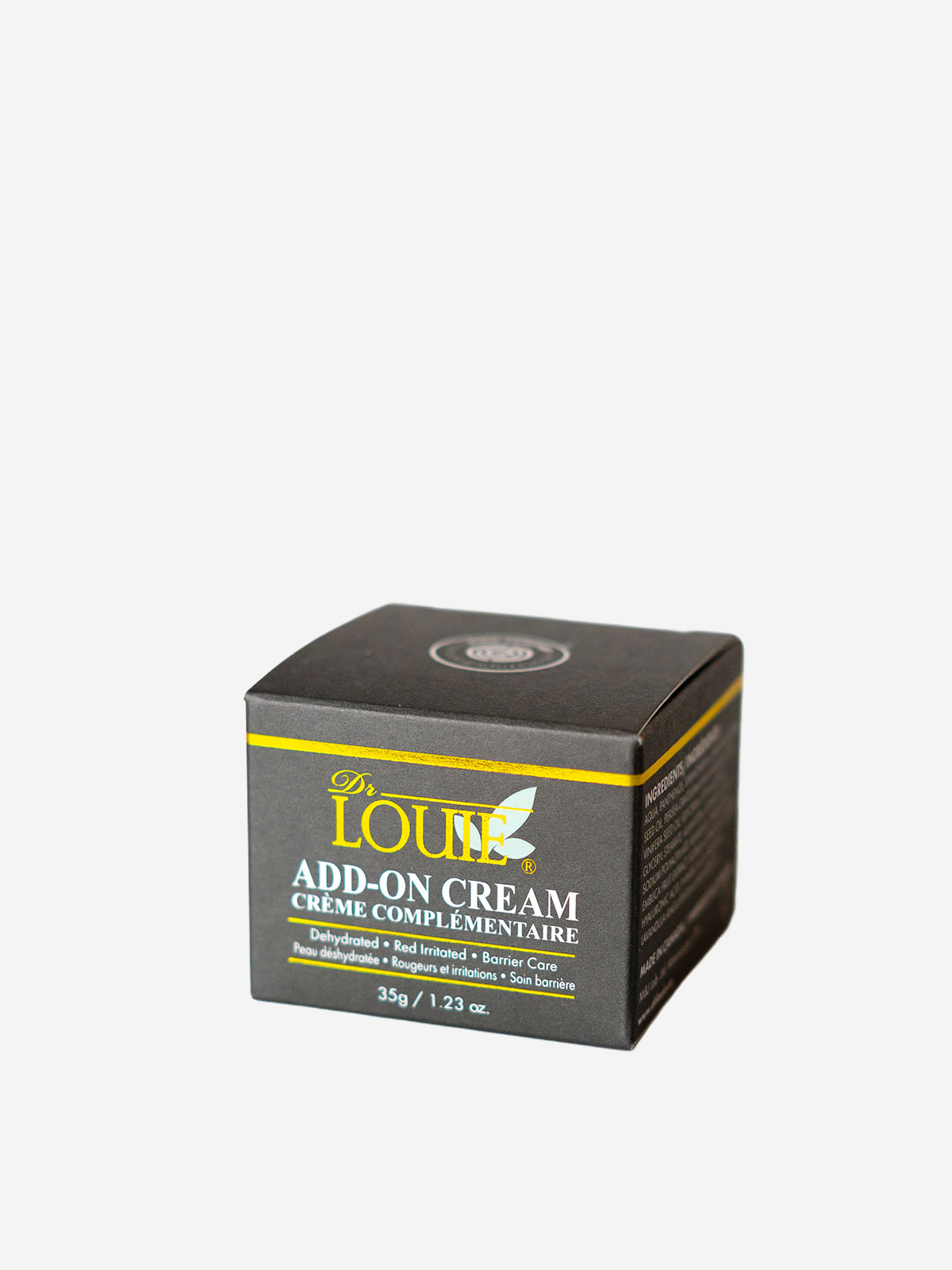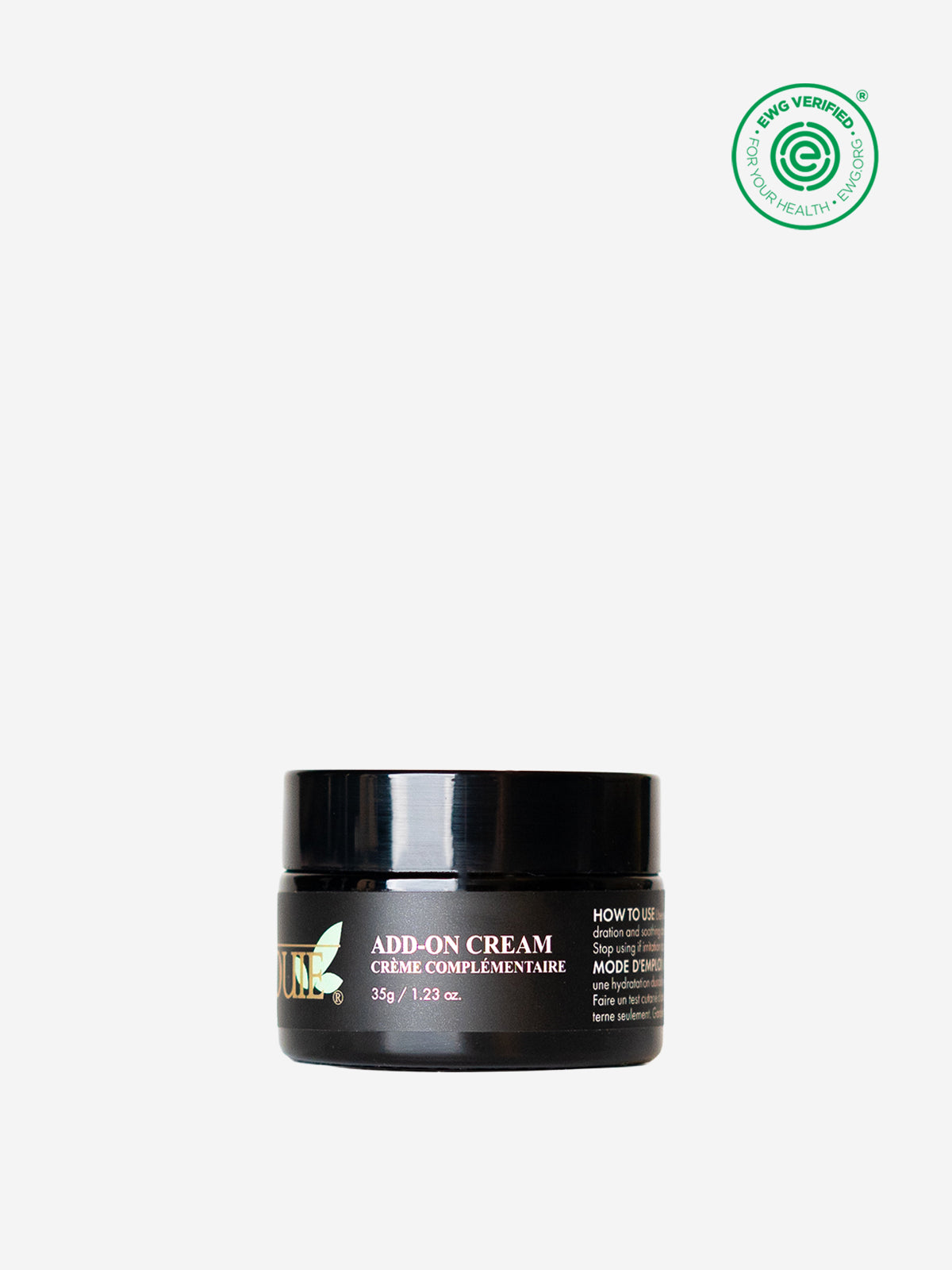![[Talking about Ingredients] Glycerin, boring? Our skin doesn’t think so!](http://drlouie.ca/cdn/shop/articles/DrLOUIE_Products.jpg?v=1616772531&width=1023)
[Talking about Ingredients] Glycerin, boring? Our skin doesn’t think so!
Let’s talk about an old-fashioned, but time-tested and effective ingredient that we sort of find boring: Glycerin. You won’t find it too boring after this!

Most of us are familiar with glycerin, but we sometimes overlook it as a skincare ingredient because it’s one of the oldest and one of the most common skincare ingredients, and it’s not fancy enough. And its benefits have been under less spotlight because it’s been around for some time, and there’s nothing exciting about this ingredient.
Nevertheless, it is the backbone of many skincare products for its many benefits. Let’s find out what these are!
So what is glycerin?
Glycerin is a sugar alcohol derived from animal products, plants, or petroleum. (Don’t worry, the one used by DrLOUIE products are plant-derived, USP Kosher Certified!) It is a clear, odourless liquid, with a syrup-like consistency. And because it is sugar alcohol, it even tastes sweet.
In skincare products, it is used as a humectant. A humectant is an ingredient that absorbs water from the atmosphere or your skin and holds it in place, hydrating the skin. An example of a humectant aside from glycerin is hyaluronic acid, an ingredient that is naturally found the most in our skin.
There are other types of moisturizers, other than humectant, which are emollients like oils and occlusive agents such as petrolatum. Knowing a difference between the three types of moisturizers can be helpful especially if you have dry skin or dehydrated skin. So stay tuned for the next post for this information!
What is it used for?
Vegetable glycerin is widely used in many industries, including food, cosmetics as well as pharmaceutical industries. In the food industry, it is used to add sweetness or moisten the final product. It’s also used in frozen foods such as frozen yogurt to prevent icy crystals from forming on the surface.
In the cosmetic industry, it is used in soaps, lotions and moisturizers, as well as makeup.
It seems like glycerin is used in many products that we use/take in daily. With that said, let’s take a look at what glycerin does for us, especially in terms of what it does for our skin.
What does it do for our skin?
Its most basic benefit is that it moisturizes the skin.
Research shows that applying products with glycerin helps improve smoothness and suppleness of the skin. Glycerin has a low molecular weight of approximately 92mg/mol, which means that it is able to penetrate deep into the skin and continue attracting moisture.
Glycerin is especially important for those with aging skin because it mimics the skin’s natural moisture factor (NMF), which gets depleted as we age. And we don’t want NMF to get depleted because it maintains skin elasticity, protects skin against dehydration, and supports barrier function of the skin. And because it mimics our skin’s NMF, it is compatible for all skin types - unless you are allergic to glycerin.
And a study has found that glycerin may help treat psoriasis because it signals our skin cells to mature properly rather than having skin cells proliferate and mature quickly and cause a thick plaque of skin.1
It also helps protect the skin by fortifying our skin’s barrier function, protecting our skin against irritants and microbes. This is one of the reasons that glycerin is used in many lotions and moisturizers.
But glycerin is also used in cleansing products as well. That is because when cleansing our face, it is important to not only remove dirt and oil but also to maintain hydration and protect it against irritants. Glycerin does just that. That is why our Mild Face Cleanser as well as our makeup removing Exfoliating Cleansing Cream include a large amount of glycerin.
Another wonderful fact about glycerin is that it is considered non-allergenic and suitable for all skin types, including breakout-prone skin. It is oil-free and non-comedogenic as well!
It seems like glycerin is a cure all for our skin troubles.
What to watch out for when using glycerin
But just because it works for all skin types and offers wonderful benefits to the skin, it does not mean that it doesn’t have a downside.
As wonderful as glycerin is for our skin, using pure glycerin directly on the skin could actually DEHYDRATE the skin.
Why?
Because it’s a humectant, which works by drawing moisture from the atmosphere. This is especially the case in low humidity conditions. In low humidity, glycerin has nowhere to draw water but your skin, ultimately dehydrating the skin. (This is actually the case with hyaluronic acid, as well!)
But not to worry because unless you are applying pure glycerin on the skin, skincare products with glycerin in them include other moisturizing ingredients and emollients that hydrate the skin and form a barrier so that moisture cannot escape.

At DrLOUIE, we strongly believe in skin’s ability to heal itself, and a way to do that is to use potent but safe, time-tested ingredients. And glycerin is definitely one of those ingredients. It may sound boring and not fancy, but it is time-tested, effective and safe. That’s why all of our products include glycerin as one of our main ingredients along with other moisturizing ingredients, such as hyaluronic acid, panthenol, jojoba oil, and grapeseed oil to prevent moisture loss even in low humidity conditions.
Check out our skincare section to learn more about products with this wonderful ingredient!
.==
Medical College Of Georgia. "Glycerin May Help Skin Disease, Study Finds." ScienceDaily. ScienceDaily, 3 December 2003. <www.sciencedaily.com/releases/2003/12/031203075525.htm>.
For as long as I can remember, I have always been interested in the “new” and fancy ingredients whether it is the “newest technology,” or a fancy-sounding ingredient that’s supposed to give all these wonderful benefits for your skin. I’ve neglected those oldie but goodie ingredients that have been used, tested, and verified for many decades. Glycerin for me has been one of those ingredients.



![[Talking about Ingredients] What are Fomes Officinalis Extracts?](http://drlouie.ca/cdn/shop/articles/fomes.jpg?v=1604718091&width=1280)
